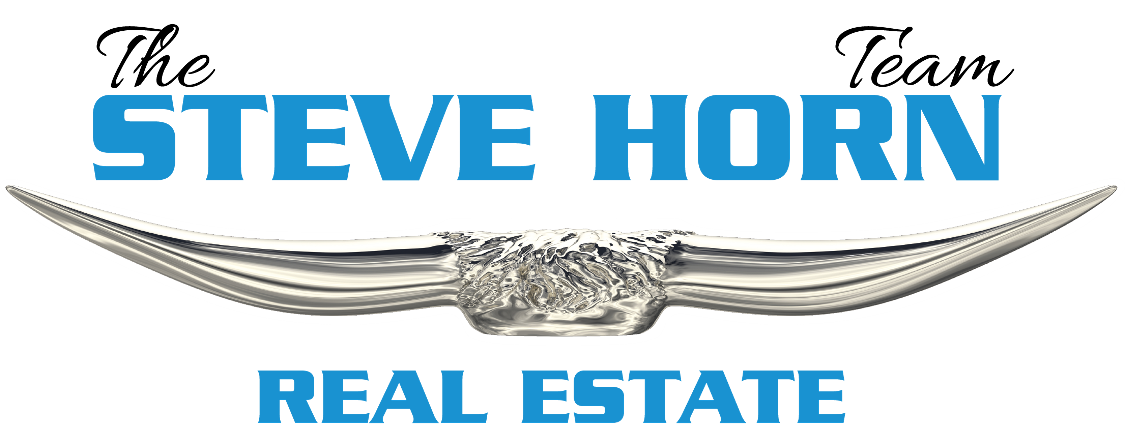Sometimes (not often enough, in our opinion) money falls into our laps. Tax returns, bonus checks, gifts and an inheritance are just a few ways that we can come into a chunk of money suddenly.
If you’ve been saving for a down payment on a home, the windfall will go a long way toward getting you closer to home ownership. But, “sudden” money comes with a catch.
Lenders like things seasoned
Lenders become skeptical when money suddenly appears, seemingly out of nowhere. Your lender will want a paper trail of every last cent you have and expect to have in the near future.
And, the lender will ask about your down payment funds – how much you have and where it’s being kept.
They are especially wary of borrowers who have taken out another loan to get those funds. It makes the borrower more of a risk and it may also put the other lender in first place should you default on your mortgage.
Even if your down payment windfall came from a legitimate source (a big bonus at work, a tax refund, etc.) the lender will most likely ask for “seasoned” funds instead.
What are seasoned funds?
Funds are considered “seasoned” if they have been in your account for a specified amount of time. Many lenders insist on a 60-day seasoning period, some want to see that money in an account for 90 or more days. Then, there are some who require only a 30-day period.
Find out from your lender how seasoned your funds must be and don’t start the loan process until that amount of time has elapsed.
You’ll need to “source” that money as well
Where did you get the money? Be prepared to not only answer the question, but prove the source of the funds as well.
Again, lenders want to ensure that you aren’t using a short-term loan or some other source that may put the loan at risk.
If the money wasn’t saved from your income (which is easy to prove), you’ll need to offer proof that, yes, Aunt Martha died and you inherited her savings.
Taking money from an investment account to use for your down payment or closing costs?
“If you withdraw cash from an investment or retirement account (like a 401k or an IRA) that has certain restrictions on withdrawals, the underwriter will likely ask to see the terms of the withdrawal in writing,” according to Brandon Cornett at QualifiedMortgage.org.
Gift funds get extra scrutiny
For money to be considered a gift, the giver must have no expectation of being repaid.
The lender will source the gift, determining who gave it to you. Most lenders require that all gift funds must come from family members.
Gift funds get a bit trickier if you’ll be using an FHA-backed loan. Borrowers with low credit scores (typically between 580 and 619) will need to ensure that at least 3.5 percent of the down payment is their own money – it can’t come in the form of a gift.
If you will be putting down 20 percent as a down payment, regardless of your score, often the entire down payment can be sourced from a gift (ask your lender about its policies).
You’ll need a letter from the person gifting you the money, addressed to the lender. It should include the giver’s name, address and phone number, their relationship to you, the amount of the gift and the date on which it was given.
The letter should clearly state that the money was given as a gift and there is no expectation of repayment.
You’ll be asked for documentation from the lender for almost every aspect of your financial life, including a certain number of bank statements. TIP: Include ALL pages of your statements, including those that are blank.
We aren’t accountants or mortgage brokers, so we urge you to consult with a professional should you have any questions about obtaining a mortgage.


